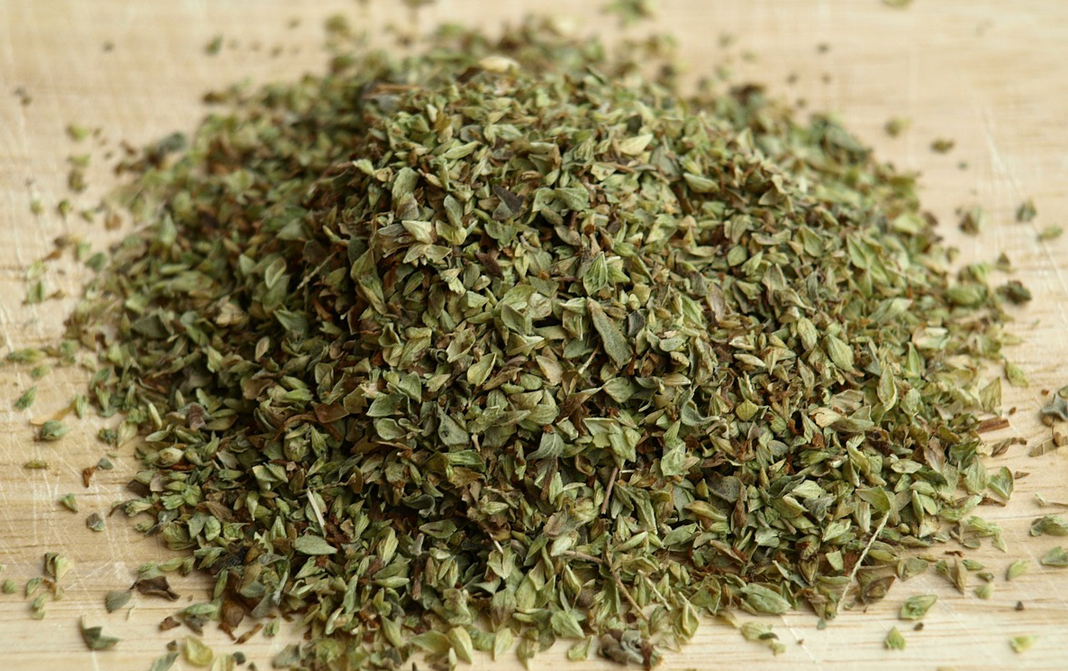


Fresh oregano should be rich green in colour and must not be limp.At the time of purchase always buy those that a properly sealed. There should not be any moisture content in them.
Diabetic patients should consume oregano cautiously as it might lower blood sugar levels. It might increase the risk of bleeding in people with bleeding disorder.(2)
- Disclaimer
"Information here is provided for discussion and educational purposes only. It is not intended as medical advice or product or ingredient review/rating. The information may not apply to you and before you use or take any action, you should contact the manufacturer, seller, medical, dietary, fitness or other professional. If you utilize any information provided here, you do so at your own risk and you waive any right against Culinary Communications Private Limited, its affiliates, officers, directors, employees or representatives.”
Description
Oregano also is known as origanum or wild marjoram is an aromatic perennial herb that comes from the mint family and is renowned for its flavourful dried leaves and flowering tops. It is a native to the hills of the Mediterranean countries and Western Asia. This herb is an essential ingredient of Mediterranean cooking and is very much used to season foods. The Greek and the Italian oregano, have a warm pungent taste with a strong aroma. In India, it is found in temperate Himalayas stretching from Kashmir to Sikkim. It is grown in all warm garden soils, preferably grown in temperate climates as well as subtropical climate. Oregano was originally grown in Greece and was first brought into use by the Greeks. They somewhere believed that this herb was first created by the Goddess Aphrodite. Moreover, the word oregano was coined from the Greek words oros which means mountain, and ganos, which states joy, meaning “ joy of the mountain “.